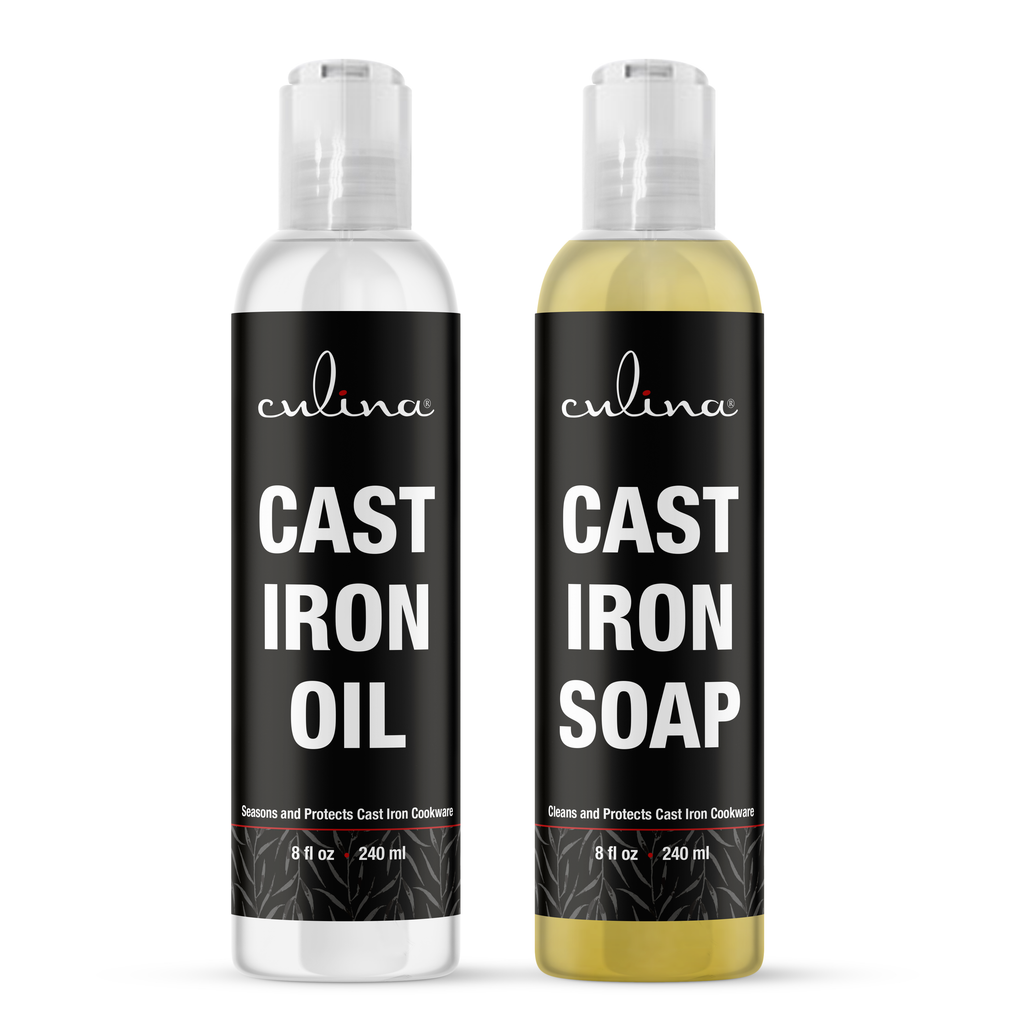What is Safflower Oil? A Beautician's Guide to Benefits
Safflower oil is an interesting and versatile oil that has gained popularity in recent years. As a beautician, its essential to understand not only what safflower oil is, but also its numerous benefits for skin and overall health. This natural oil can become a valuable addition to your beauty regimen and professional repertoire.
This article dives deep into what safflower oil is, its properties, its benefits, and why you should consider incorporating it into your beauty treatments. Understanding safflower oil can significantly enrich your practices as a beautician.

What Exactly is Safflower Oil?
Safflower oil is derived from the seeds of the safflower plant, scientifically known as Carthamus tinctorius. This flowering plant is primarily cultivated in regions such as America and parts of Asia. It is known for its colorful blossoms and its seeds are rich in fatty acids, especially linoleic acid, which is an important component for skin health.
Safflower oil comes in various forms, with the two most common being high-linoleic and high-oleic. The high-linoleic version is particularly beneficial for skin care and is what most beauticians prefer. This oil closely mimics the skins natural oils, making it an excellent moisturizer.
The Key Benefits of Safflower Oil for Beauticians
For beauticians, understanding the myriad benefits of safflower oil is crucial. Here are few of the most significant advantages:
- Hydration: Safflower oil is an excellent hydrator. Its light texture allows for easy absorption, deeply penetrating the skin without leaving a greasy after-feel.
- Anti-inflammatory Properties: Due to its rich composition of fatty acids, safflower oil has natural anti-inflammatory properties that can soothe and calm irritated skin.
- Promotes Healthy Skin: Regular use of safflower oil can promote healthy skin by maintaining moisture and managing skin conditions such as eczema and psoriasis.
- Supports Healing: Its rich vitamin E content aids in the healing of skin wounds and can help reduce the appearance of scars.
- Enhances Skin Elasticity: The oil is known to improve the skin's elasticity, making it particularly beneficial in anti-aging products.

How to Incorporate Safflower Oil into Your Beauty Routine
Integrating safflower oil into your beauty regimen doesn't have to be complicated. Here are a few ways you can effectively utilize this oil:
As a Moisturizer
Apply safflower oil directly to the skin to hydrate and maintain moisture. Its light-quality makes it suitable for all skin types, including oily skin. Mix a few drops of safflower oil with your daily moisturizer for enhanced hydration.
In DIY Masks
Create nourishing face masks by mixing safflower oil with ingredients like honey or yogurt. These masks can enhance the skin's moisture levels and provide a glowing complexion.
For Massage
Use safflower oil as a base for massage oils. It provides a smooth glide and is gentle enough for sensitive skin. Combining safflower oil with essential oils can further elevate the massage experience.
In Hair Care
Safflower oil can also be used for hair treatment. Applying it as a pre-shampoo treatment can help to moisturize hair and reduce breakage.

Advantages Over Other Oils
When compared to other oils on the market, safflower oil stands out in several ways:
- Non-comedogenic: Unlike some oils that can clog pores, safflower oil is non-comedogenic and suitable for acne-prone skin.
- Lightweight Texture: Its lightweight consistency makes it easy to incorporate into various beauty applications without causing greasiness.
- Nutrient-rich: Packed with essential fatty acids and vitamins, it nourishes the skin and offers additional hydration benefits.

Possible Side Effects of Safflower Oil
As with any product, its important to note that safflower oil may not be suitable for everyone. Some individuals may experience allergic reactions or irritation. Testing it on a small area of the skin before widespread use is advisable, especially for clients with sensitive skin.
Where to Source Quality Safflower Oil
It is essential to source high-quality safflower oil for the best results. Look for organic, cold-pressed options to ensure that the oil retains its beneficial properties. Many health food stores offer quality safflower oil; alternatively, you can check online for reputable brands.
Frequently Asked Questions (FAQs)
1. Is safflower oil suitable for all skin types?
Yes, safflower oil is non-comedogenic, making it suitable for all skin types, including oily and acne-prone skin.
2. Can I cook with safflower oil?
Yes, safflower oil is often used in cooking due to its high smoke point; however, this article focuses primarily on its beauty benefits.
3. How does safflower oil compare to coconut oil?
Safflower oil is lighter and less greasy compared to coconut oil, making it more suitable for people with oily skin types. Both oils offer unique benefits and can be used in complementary ways.
For Additional Reading
If you're looking to know more about natural oils and their benefits, you may want to read about cleaning kitchen tiles, or eating coconut oil. They provide valuable insights into other related topics.
As an Amazon Associate, I earn from qualifying purchases.

